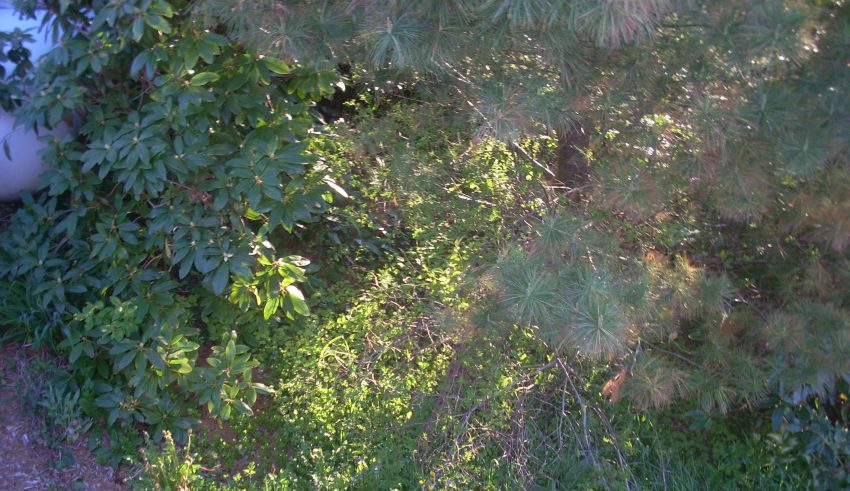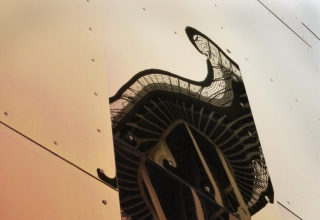
5. What do you consider to be the major strengths and capabilities that have made you an effective community leader? Are they rooted in action, in your personal style, in your organizational, political, and personal relationships, or in something else?
I’ve thought a lot about this, and I just do my thing rather than considering myself as a leader. Any personal attributes I have had have not involved a personal agenda, so honesty has always been one of my strengths. I tend to look at what the end results should be, and then proceed to do the right thing without being circuitous. I’ve never felt I was particularly talented, but I always knew that if I did the right thing I couldn’t go too far afield.
I attribute the success that I had with Hospice to my firm belief in its mission. Whenever I had difficult decisions to make, I always went back to the organization’s mission. I think I’ve also been blessed with a God-given talent to get on well with people—and which partly explains my success in raising money for Hospice. So, having a personality that likes people and can overlook a lot in them has served me well. I also consider myself to be an excellent listener, and that has also helped me a great deal. These skills and strengths are rooted in my action and style. As a kid I naturally wanted to be liked by others. But over the years I learned that you have to like yourself in order to be liked by others. I have tried to live my entire life by this understanding.
6. There are five key roles that civic leaders often play in their community:
- Mentor: teaching and engaging others
- Mediator: helping to resolve conflict
- Monitor: serving as a community watchdog
- Mobilizer: working to bring about change
- Motivator: urging people to pursue worthy goals
As you think about your own involvement in our community, which of these roles have you played and which do you consider to be your strongest?
My strongest roles have been mentor and mediator, followed by motivator. Monitor and mobilizer are not who I am. When I look back at my years with Hospice, and how I blossomed along the way, I realize the only way you really help people along is to mentor them. I take mentoring seriously and believe it is an exceptional and valuable thing to do with an individual. It’s easier to mentor people in your organization when you’re in a higher position because they look up to you. So, mentoring has to do with whether you choose to become one and how you handle it.
Download Article















